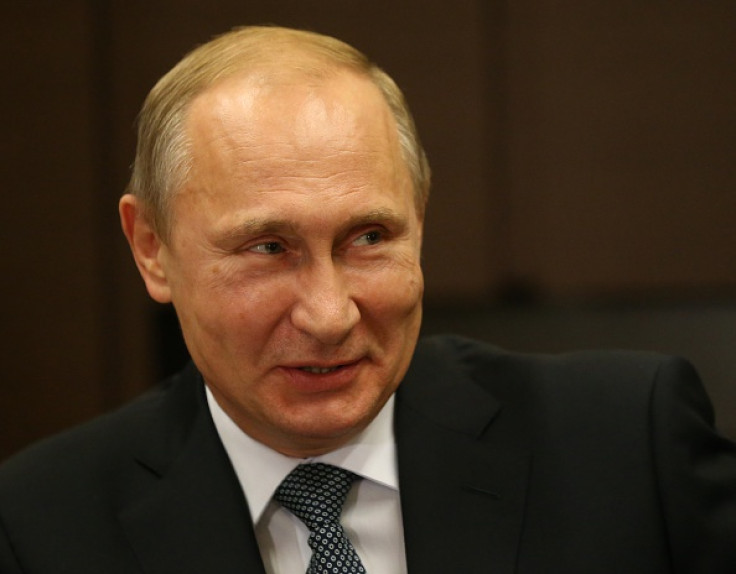Putin's Russia to plunge into recession in 2015 as oil price drop triggers economic mayhem, government admits

The Russian government has said that it expects its economy to slide into recession in 2015 due to oil price deflation, economic and financial sanctions and enormous levels of capital flight.
The Economic Ministry expects a 0.8% contraction next year, a revision of its earlier prediction of 1.2% growth.
Oil sales account for 70% of Russia's exports and the plunge in prices has had a catastrophic impact on the country's economy. It's estimated that the drop in oil prices since July will slash $100bn from Russia's annual exports volume.
The Russian rouble yesterday fell by 6.5% against the dollar – its biggest daily slide since the 1998 financial crisis. It collapsed on the back of a 10% drop in the price of west Texas crude futures last Friday, in the aftermath of Opec's refusal to curb production. Oil has lost 40% of its value since mid-June.
The Russian central bank was rumoured to have intervened in the currency markets yesterday, reneging on its decision to float the rouble in November.
Russia's government's latest economic reading suggests household disposable income will fall by 2.8% in 2015 and marks a move away from the strongman rhetoric which has characterised official statements since the latest economic crisis began.
"I think that Russia's economy is vulnerable to three sorts of crisis — structural, conjectural and geopolitical," said Alexi Vedev, the deputy economic minister.
He added: "The basic assessment is that the exchange rate will stabilise at least at current levels...there's a feeling that oil prices will recover to $85-$95 by the middle of next year."
Some analysts are speculating that the deteriorating economic picture might force President Vladimir Putin to broker more genial relations the west.
"More speculatively, the extra hit to the economy of Russia might prompt the Putin administration to take a less belligerent line in its dealings with its neighbours, and with the West. For now, though, the ruble has simply slumped further alongside the oil price.
A weaker local currency might help to limit the damage from lower export revenues in dollar terms, at least as far as the Russian government's finances are concerned. But it will increase inflationary pressures and strains in the financial sector," said Melanie Debono of Capital Economics.
© Copyright IBTimes 2024. All rights reserved.






